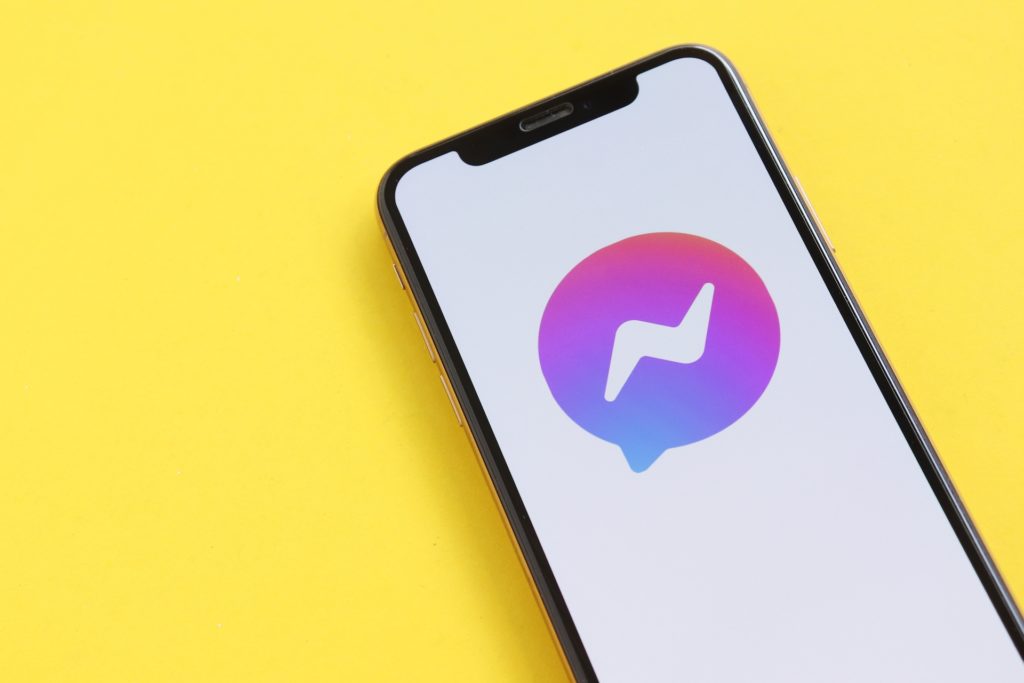Facebook Gets a New Makeover as ‘Meta’
In light of Facebook’s public relations crisis, Mark Zuckerberg changes the classic name to “Meta” to reflect the company’s dive into the virtual metaverse.
On Thursday, Zuckerberg held Facebook’s annual virtual reality conference and announced, “From now on, we’re going to be metaverse first, not Facebook first.” In July, Zuckerberg planed his new metaverse to be accessible through different devices, allowing users to shop, socialize, and play games. As a result, he increased investment in virtual reality to build a better computing platform.
Since the company shares have fallen 16%, Zuckerberg has high hopes of Meta bringing back success. He claims that Meta will bring 1 billion more users and hundreds of billion dollars within the next decade. However, with all the new AR and VR features, specifically “Horizon Home,” users worry about their privacy. Horizon Home is a virtual reality app that allows people to socialize through avatars in a shared imaginary home through Oculus headsets.
2005: 2021:
TheFacebook Facebook
becomes becomes
Facebook. Meta. pic.twitter.com/oeUjiFe8PW— Jon Erlichman (@JonErlichman) October 28, 2021
In addition, Zuckerberg created Polar to help creators build virtual reality filters for photos and videos for less than the original cost. The same goes for another app, Presence, which allows developers to create a virtual reality experience for the metaverse. Also, Zuckerberg announced the new projects protect privacy and safety for users.
The main goal of Zuckerberg is to create a cheaper alternative for creatives using metaverse services. In comparison to Facebook’s competitors, Apple and Google charge 15 cents per commission on their apps. He explains, “the lack of choice and high fees [that] are stifling innovation.”
The metaverse is the next evolution of social connection. It’s a collective project that will be created by people all over the world, and open to everyone. You’ll be able to socialize, learn, collaborate and play in ways that go beyond what’s possible today. pic.twitter.com/655yFRm8yZ
— Meta (@Meta) October 28, 2021
The ambitious 37-year-old Facebook founder also plans to include cryptocurrencies and NFTs, digital tokens representing collectibles and artwork, in the new metaverse.
With the creation of Meta on the rise, many wonder if this is a ploy to cover their public relations crisis. Since Frances Haugen, a former employee and whistleblower, accused Facebook of putting profits over the wellbeing of the users; Facebook has been under fire. Also, the Federal Trade Commission criticizes Facebook’s damaging research around their role in increasing teen mental health issues in efforts to analyze their $5 billion violation over privacy concerns in 2019. Not to mention the publically spread redacted versions of documents to show Facebook’s research.
Is Zuckerberg’s efforts to broaden social media and interpersonal relations through the metaverse harmful or monumental to today’s society?

Content Writer






